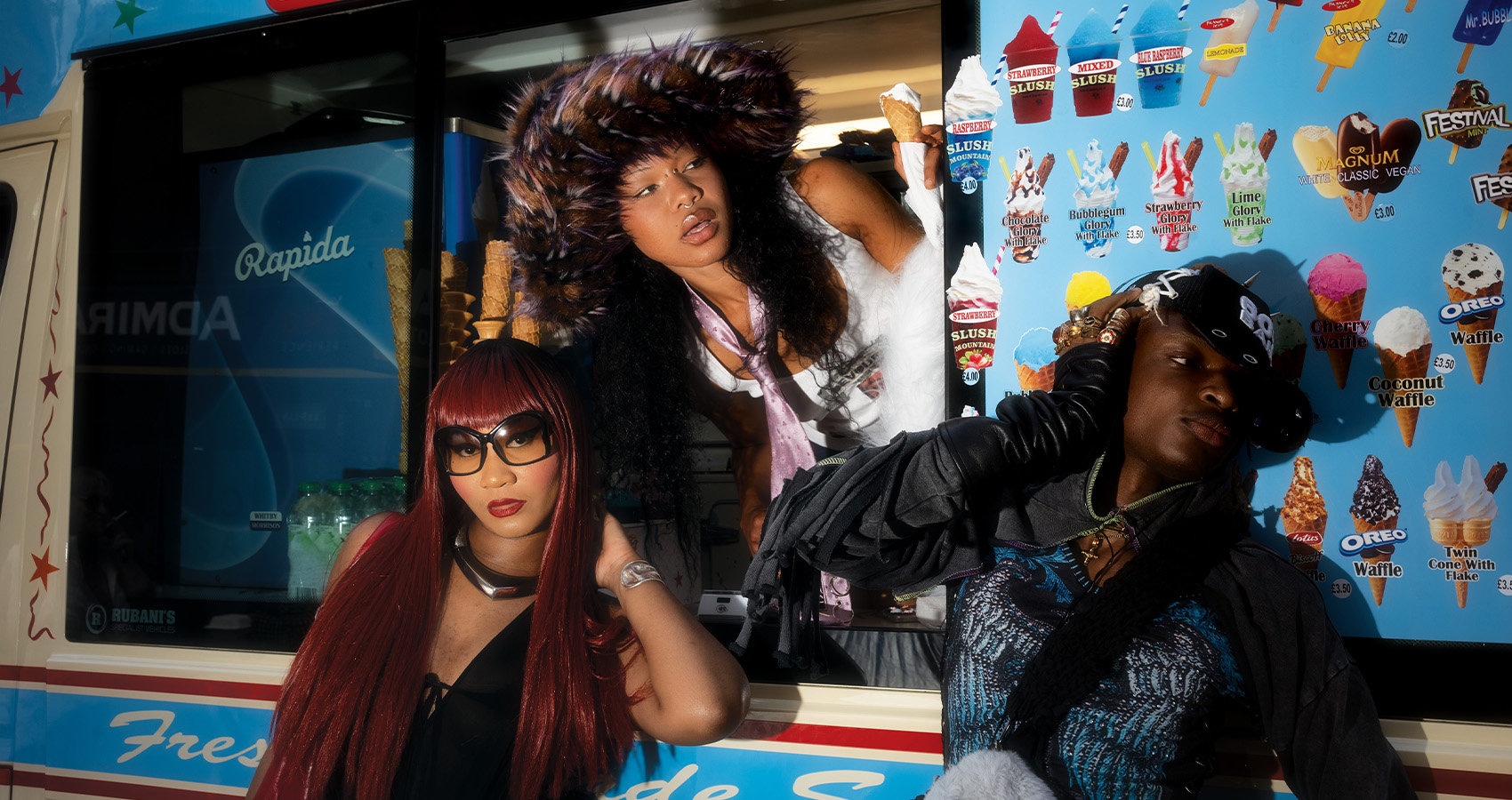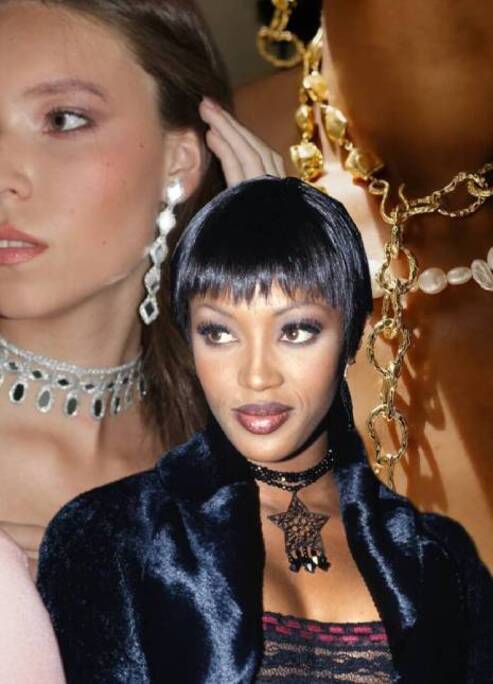Darcy Jade Phillips Is Turning Textile Waste Into Revolution
Beauty in the broken.
Darcy Jade Phillips sees storylines, not waste. Her epiphany came after stumbling upon Fabrice Monteiro’s haunting photo series, where trash became couture. That spark lit the foundation for Things Matter CIC, her London-based community project reimagining textile waste as both protest and poetry. “There’s already so much negativity around climate and fashion,” she says. “I wanted to create imagery that still speaks truth but makes people want to engage.” The result is fashion activism that feels more like a block party than a lecture—equal parts education and rebellion.
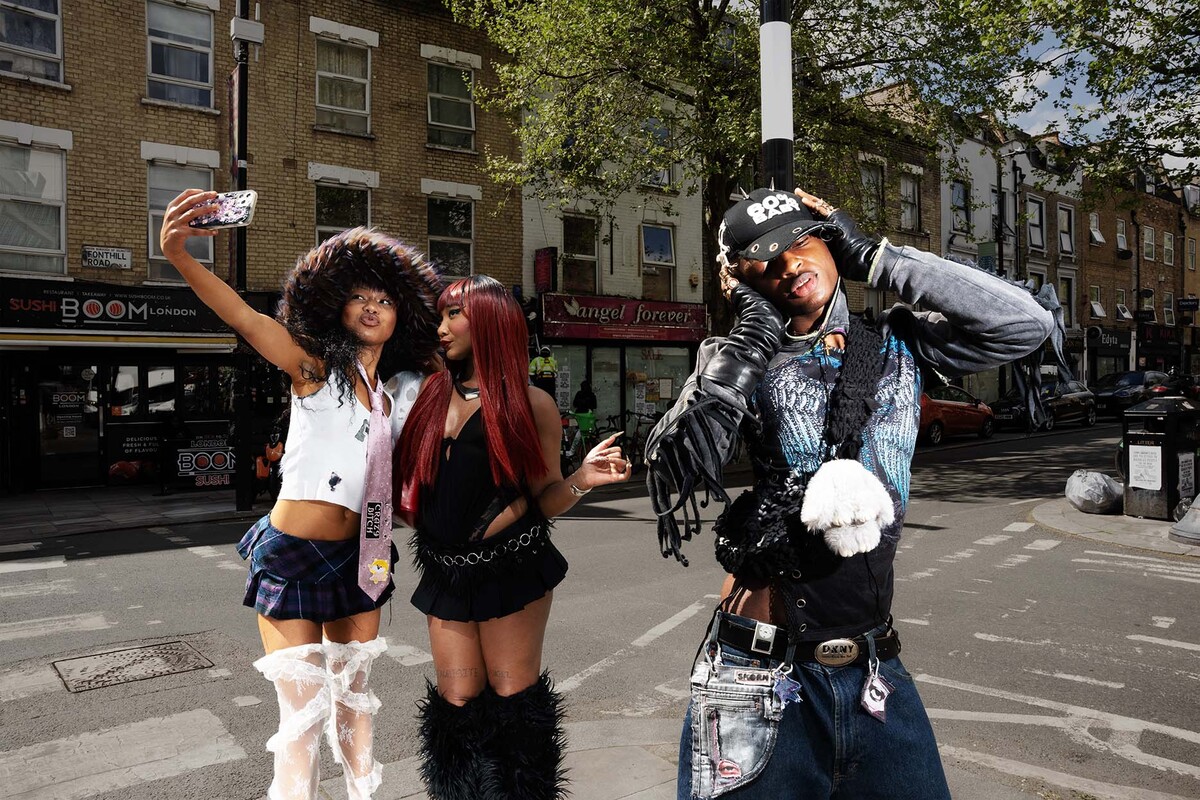
Decolonizing Fashion, One Stitch at a Time
Phillips’ background in documentary photography taught her the ethics of seeing. “You have to be conscious of how you represent people, especially from marginalized communities,” she explains. That awareness pulses through Things Matter, which critiques colonial supply chains while keeping creativity communal. Her workshops don’t just teach sewing—they expose the hidden labor behind cheap clothes and remind people that craftsmanship deserves reverence. “Craft culture has lost respect,” she says. “Fast fashion killed our understanding of time, skill, and care.” Through mending, upcycling, and storytelling, she’s reviving that sacred intimacy between maker and material.
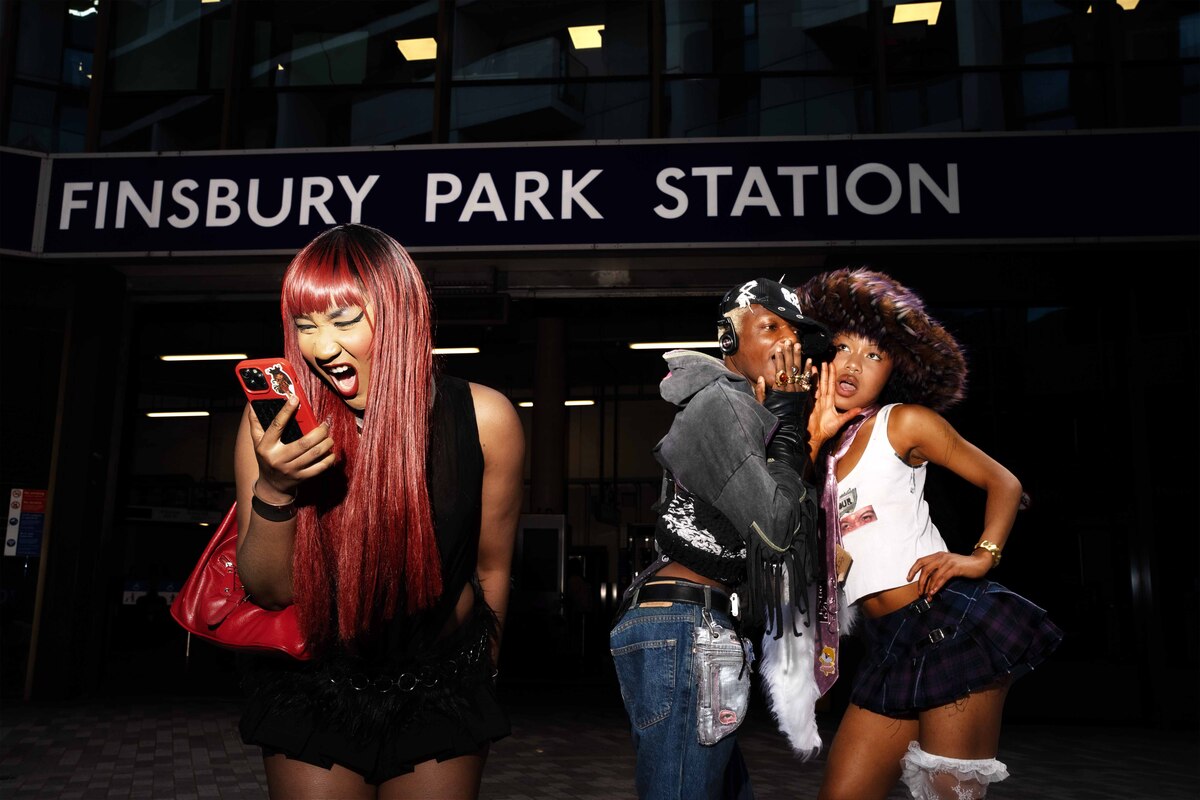
Playfulness as Protest
Where other sustainability campaigns lean on guilt, Phillips insists on joy. She reclaims ethical fashion from elitism by making it tactile, social, and fun. “People want to belong,” she says. “When they see sustainability as community—not restriction—they join in.” Her photos balance the chaos of Finsbury Park’s streets with surreal bursts of style, turning tension into art. “It’s about breaking down the accepted standards of fashion,” she says. And maybe that’s her real revolution: refusing to separate beauty from responsibility.
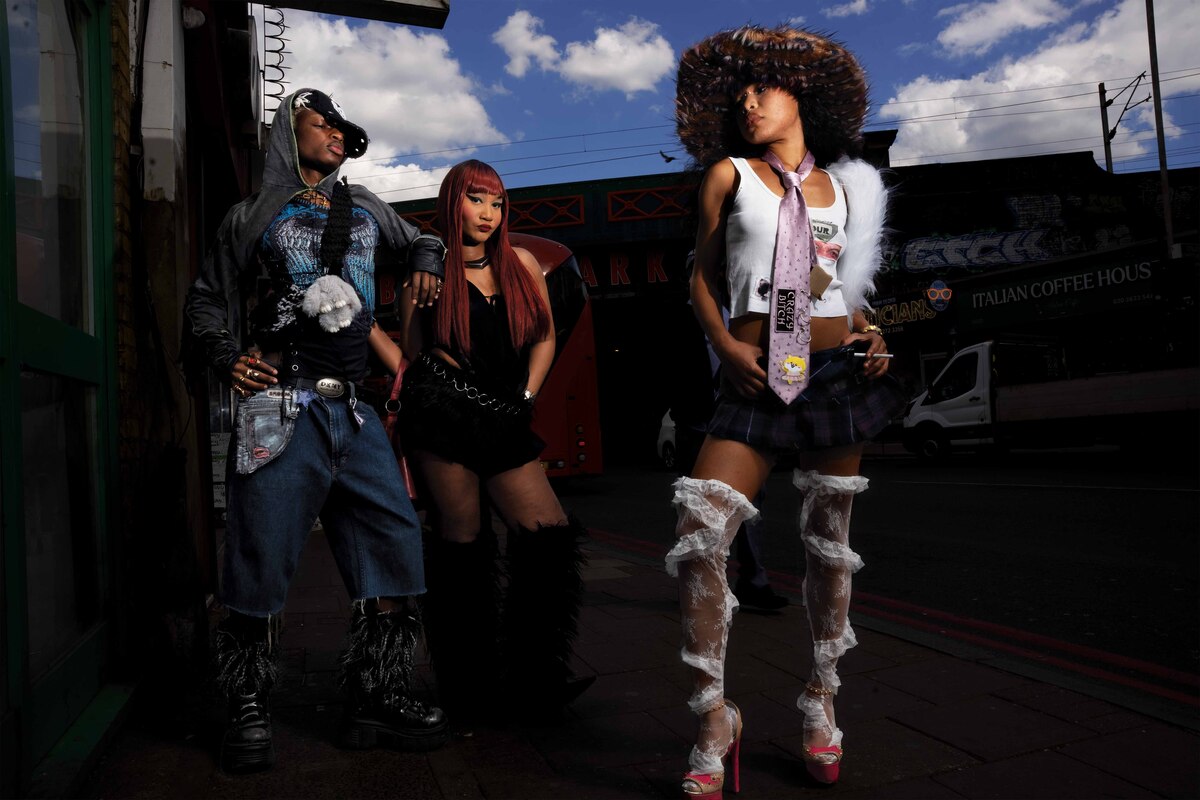
The Future Is Circular
Darcy dreams of Things Matter expanding to New York, Paris, Milan—fashion capitals drowning in excess but starved for connection. “Berlin too,” she adds, “it already gets it.” Her vision is global but grounded, fiercely communal yet endlessly creative. “This is about taking responsibility for the crisis we created,” she says. And she’s doing it with a crochet hook, a camera, and a conviction that sustainability should look as good as it feels.



